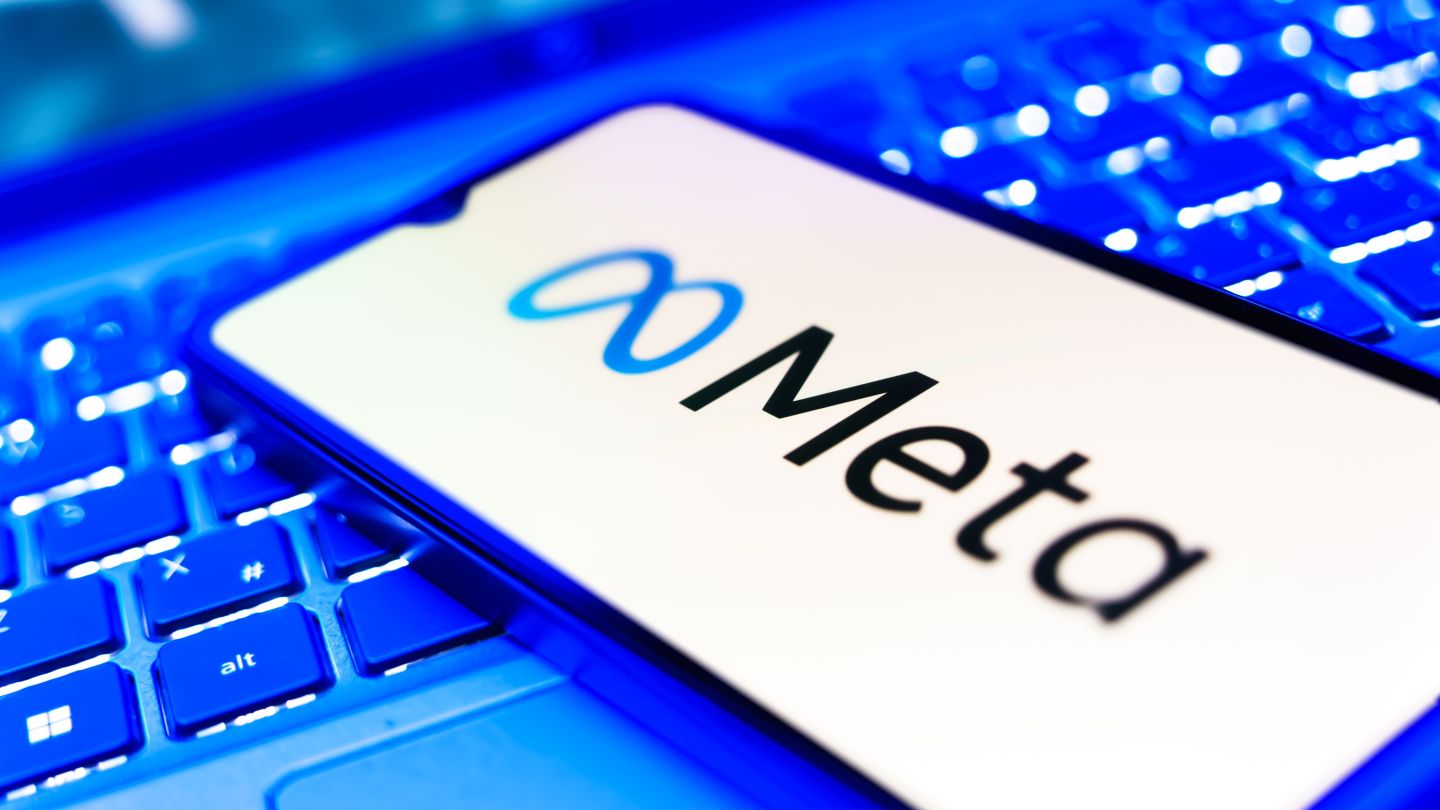
Meta Platforms is working to enable brands to fully automate the creation and targeting of advertisements using AI by the end of 2026, The Wall Street Journal reported, citing sources.
Currently, Meta’s ad platform provides AI tools that generate variations of existing ads and make minor adjustments for targeting on Facebook and Instagram.
The next phase, however, involves developing systems that can create advertising campaigns from scratch.
According to the report, brands may soon be able to upload a product image and set a budgetary goal, after which Meta’s AI will generate the entire ad—imagery, video, and text included.
The system would also determine targeting parameters and suggest budget allocations.
Meta also plans to personalise ads in real time based on individual user data. For example, an ad for a vehicle could feature the car on a snowy mountain for one user, and on an urban road for another, depending on location.

US Tariffs are shifting - will you react or anticipate?
Don’t let policy changes catch you off guard. Stay proactive with real-time data and expert analysis.
By GlobalDataAI-generated advertising supports Meta CEO Mark Zuckerberg’s broader strategy for the company’s development.
In 2024, advertising accounted for more than 97% of Meta’s total revenue, funding its investments in AI infrastructure, including chips, data centres, and model training, the report noted.
“In the not-too-distant future, we want to get to a world where any business will be able to just tell us what objective they’re trying to achieve, like selling something or getting a new customer, how much they’re willing to pay for each result, and connect their bank account and then we just do the rest for them,” Zuckerberg said in an annual shareholder meeting last week.
While the tools promise benefits for small and mid-sized businesses—many of which rely on Meta platforms but operate on limited advertising budgets—some major advertisers remain cautious.
Despite growing capabilities, AI-generated visuals across the industry are still prone to inaccuracies and can require significant manual refinement.
Meta’s tools reportedly depend on substantial computing power and may involve the development of brand-specific AI models.
Meanwhile, in April 2025, Meta initiated layoffs in its Reality Labs division, impacting employees in Oculus Studios and hardware teams.







